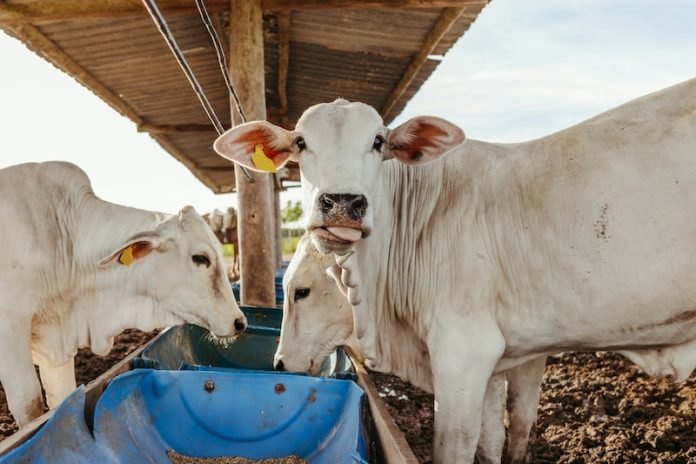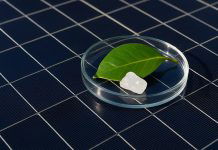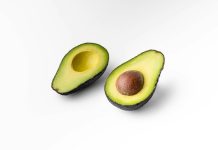
In a development from the University of Illinois Urbana-Champaign and the Universidade de São Paulo, a humble brown cow in the south of Brazil is making headlines as the world’s first transgenic cow capable of producing human insulin in her milk.
This scientific breakthrough represents a significant leap towards potentially ending the drug scarcity and soaring costs faced by millions of people living with diabetes around the globe.
The concept behind this innovation taps into the natural efficiency of cows’ mammary glands to produce proteins.
According to Matt Wheeler, a professor at the University of Illinois and lead author of the study published in the Biotechnology Journal, this biological system can be harnessed to generate proteins beneficial to human health, like insulin, which is essential for managing diabetes.
In this collaborative effort, researchers inserted a human DNA segment responsible for producing proinsulin, a precursor to insulin, into cow embryos.
Out of ten embryos, one transgenic calf was born in Brazil, showcasing the successful integration and targeted expression of human insulin in the mammary gland only.
This precise approach avoids the presence of human insulin in the cow’s bloodstream or other tissues, ensuring the protein is produced where it can be most efficiently harvested: in the milk.
The project faced challenges, particularly in inducing lactation in the transgenic cow, which was resolved through hormonal stimulation. Although the milk yield was lower than in a typical lactation cycle, it contained detectable levels of human proinsulin and, surprisingly, fully processed insulin.
This unexpected outcome highlighted the mammary gland’s unique processing capabilities, potentially simplifying the production process by bypassing the need for external conversion of proinsulin to insulin.
Despite the smaller volume of milk obtained from the hormonally induced lactation, the concentration of insulin and proinsulin in the milk was promising, pointing to the feasibility of large-scale insulin production.
The researchers estimate that, with optimization, a single cow could produce significant quantities of insulin, far surpassing the current production capabilities using transgenic yeast and bacteria.
Looking ahead, the team aims to enhance the breeding process by cloning the transgenic cow and eventually creating a specialized herd for insulin production.
This vision includes establishing a small dairy-like operation dedicated to insulin production, which could potentially meet the national or even global demand for insulin with a minimal herd.
This innovative approach to insulin production not only promises to make diabetes management more accessible but also demonstrates the potential of genetic engineering in addressing critical healthcare challenges.
Before this method can be widely adopted, it will require further research, efficient systems for insulin extraction and purification, and regulatory approval.
However, the prospects are encouraging, signaling a future where sustainable and cost-effective biotechnological solutions can significantly impact global health.
The research findings can be found in the Biotechnology Journal.
Copyright © 2024 Knowridge Science Report. All rights reserved.



